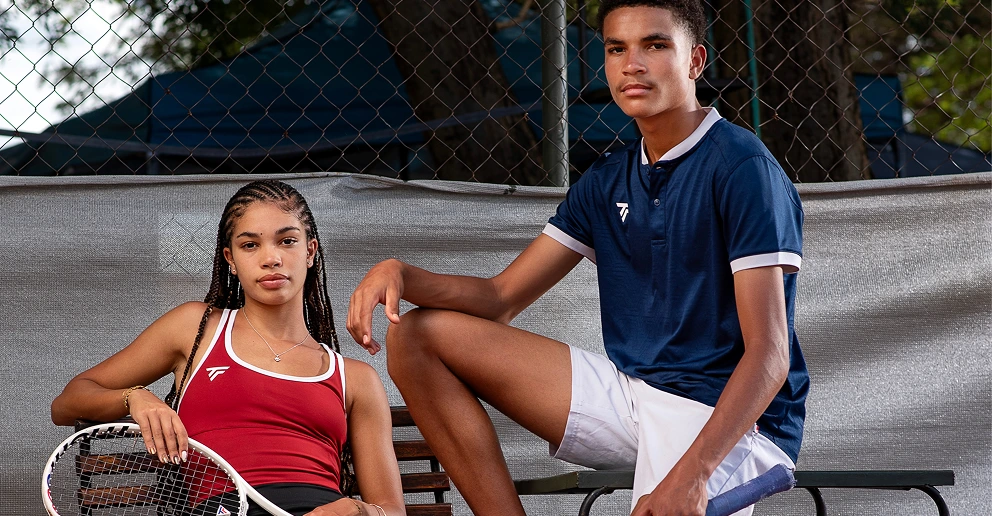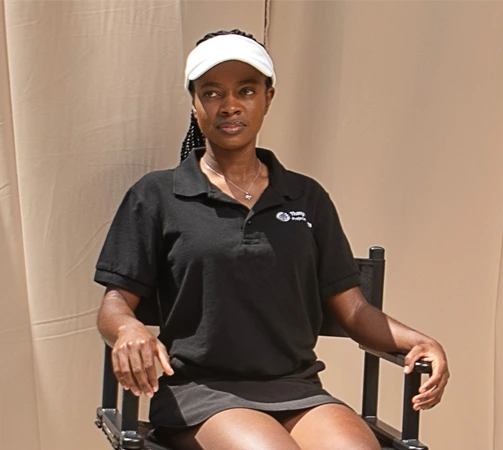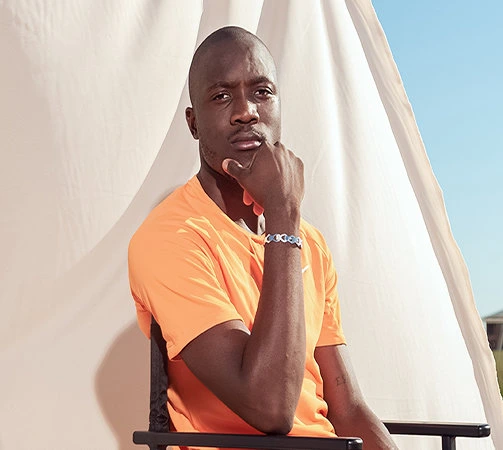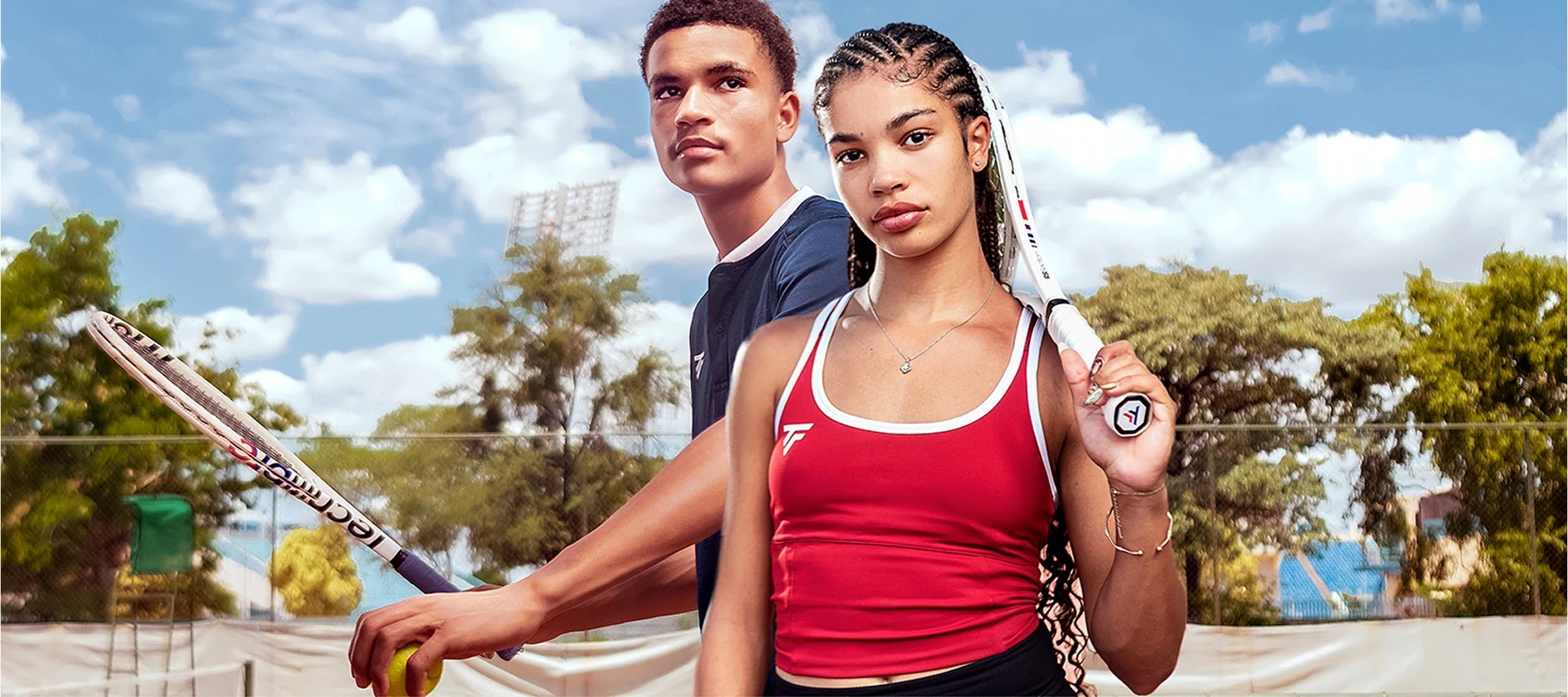For two remarkable siblings from Botswana, tennis transcends sport – it's their family legacy. At just 18 and 15 years old, these rising stars represent the exciting evolution of tennis in their homeland.
As tennis gains momentum as one of Botswana's fastest-growing sports, these young tennis players have emerged as powerful role models. Their dedication to excellence, profound national pride, and unwavering commitment showcase the bright future of Botswana’s talents. Their success story reflects the broader positive impact of the country's diamond industry, which has helped create vital educational and athletic opportunities for young talents across the nation.
Fortune + De Beers Group | Episode 3 | Q&A: Naledi and Ntungamili Raguin
Meet Botswana’s sibling tennis prodigies

Teenagers Naledi and Ntungamili Raguin show how success can be forged under pressure.
Before either athlete has even reached the age of 20, Naledi and Ntungamili Raguin have become rising tennis stars. The teen siblings, age 18 and 15 respectively, have spent their lives training in their home country of Botswana, but now they are working to take their skills to the international stage.
For the Raguins, tennis has always been a family matter, not only on the court but beyond. Naledi and Ntungamili have been guided by their father’s passion for tennis and their mother’s grounding influence. This support has inspired both a fierce rivalry and a deep familial bond that has fueled their success. Naledi is now a national champion and Botswana team member, and Ntungamili is training for the 2026 Youth Olympic Games. They both continue to inspire a new generation of players back home, where tennis is emerging as one of the country’s most promising sports.
Together, their story highlights their pride in Botswana, their relentless dedication, and the sacrifices behind their shared dream. It also signifies Botswana’s latent potential that, when nurtured, creates something brilliant—much like a diamond. This potential has been supported by the longstanding partnership between the government of Botswana and De Beers, generating resource wealth through a thriving diamond industry and creating new opportunities in education and sports that has helped cultivate talents like the Raguins.
Naledi and Ntungamili sat down with Fortune Brand Studio to talk about how they stay motivated by their connection to family and community.

Ouname Mhotsha: Shaping tomorrow’s next generation of...
“Growing up in Botswana, we are taught to be proud about who we are and where we come from. That is something I’ve always carried with me in all the tournaments that I’ve played internationally.”
Ouname Mhotsha
Letsile Tebogo: 21, fearless and first: How Botswana’s...
“I am driven by the desire to show my fellow Batswana athletes that they can succeed from our home soil”
Letsile Tebogo

